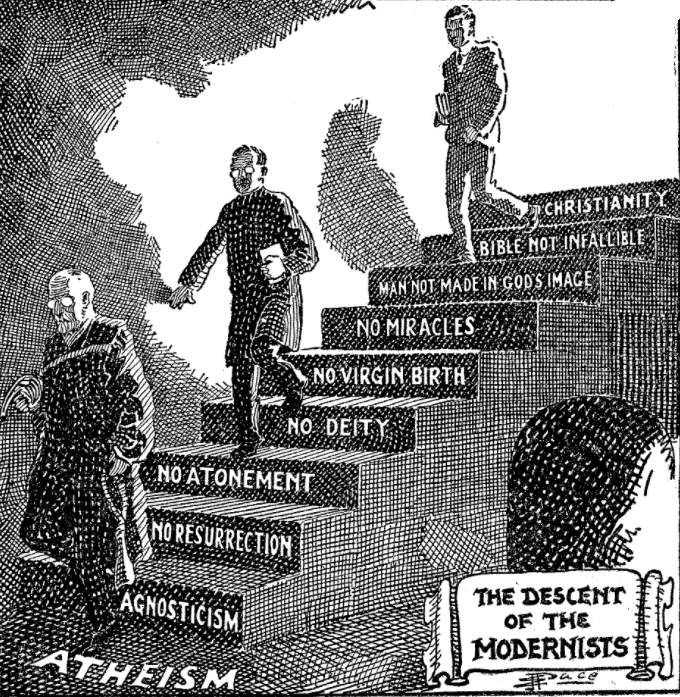In our previous post, Remaking “Church”, I refuted this movement as being wrong. But what about when your “church” doesn’t work? What do you do? In this post I will look at some tips on dealing with a disfunctioning church.
Church works, when done God’s way.
The first thing that you have to recognize is that “church” as God defines it works. It has the power and authority of God behind, so if it “didn’t work”, then God would make it work divinely with his omnipotent power. But it does work. It works because God has used his divine and endless wisdom in designing it, and therefore it works because God is God. When we believe in God’s wisdom, and we accept it whether we understand it or not, then things can be set in order. Note that “order” means structured correctly. The idea of remaking the church has as its premise that either God has not given us any definite structure, or that structure is non-functioning and can be replaced with something else. These concepts strike at the authority of God, and at the perfectness of God. Let me emphasize this point again. Church works when done GOD’S WAY. Why churches have problems today is because they are not “doing church” according to Scripture. This is at the heart of church failures. Let me hasten to add that being “old fashioned” is not a failure. Many people insist that their religion and their church must conform to their thinking, and they reject anything except the Burger King philosophy, “Have it your way”. If they cannot get things “their way”, then they reject it as a failure. This is invalid. Salvation is only by God’s terms, and we do not define how or what or why, or anything else in salvation nor our Christian life. In true Christianity, we must submit, not invent. We must submit to what God has already said (in eternity past, so novelty is not going to get that). Trying to make God’s word and work into a “new, modern thing” isn’t going to work, because God has no interest in us (nor his work) being a modern novelty. Fashions and fads are not biblical. The biblical attitude is to be like the Bible says, and this means conforming to the old standards, not manufacturing new standards. The old methods worked and still work, and those are the things that we need to focus on. God’s methods and doctrines are not up for debate. To give in on a single minor thing that God has clearly declared is to misunderstand the authority of God, and to be confused on our situation before God. We are not partners with God in the design and method creation of His work, but rather we are under His instructions, and have to accept and do what He has commanded. God is God, and we are not gods. God by divine right has the authority and right to command because He created. We are creatures, his creatures, and we have to obey. Confusion on our position and relationship with God has caused this modern movement to gain strength over the years.
Read more



